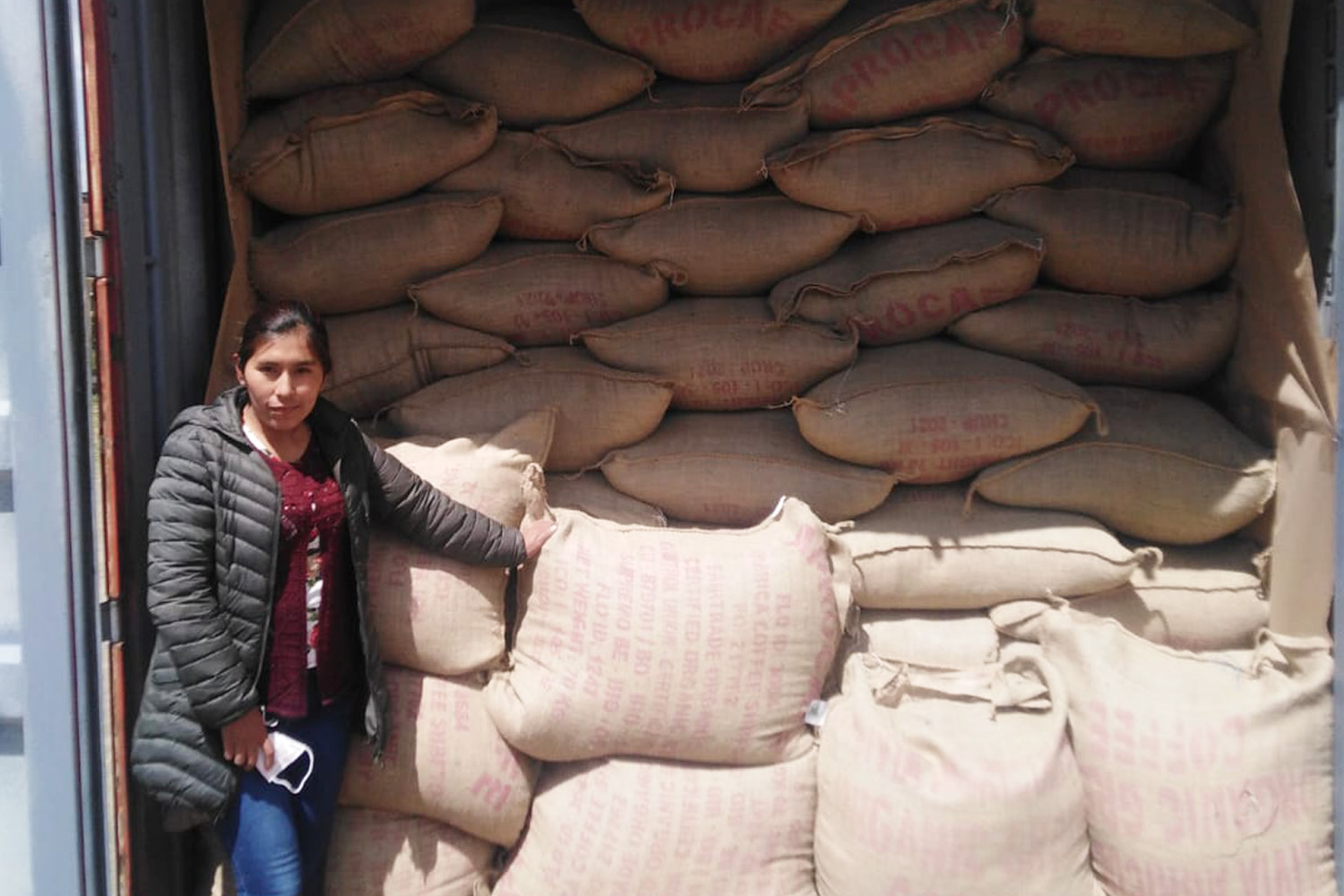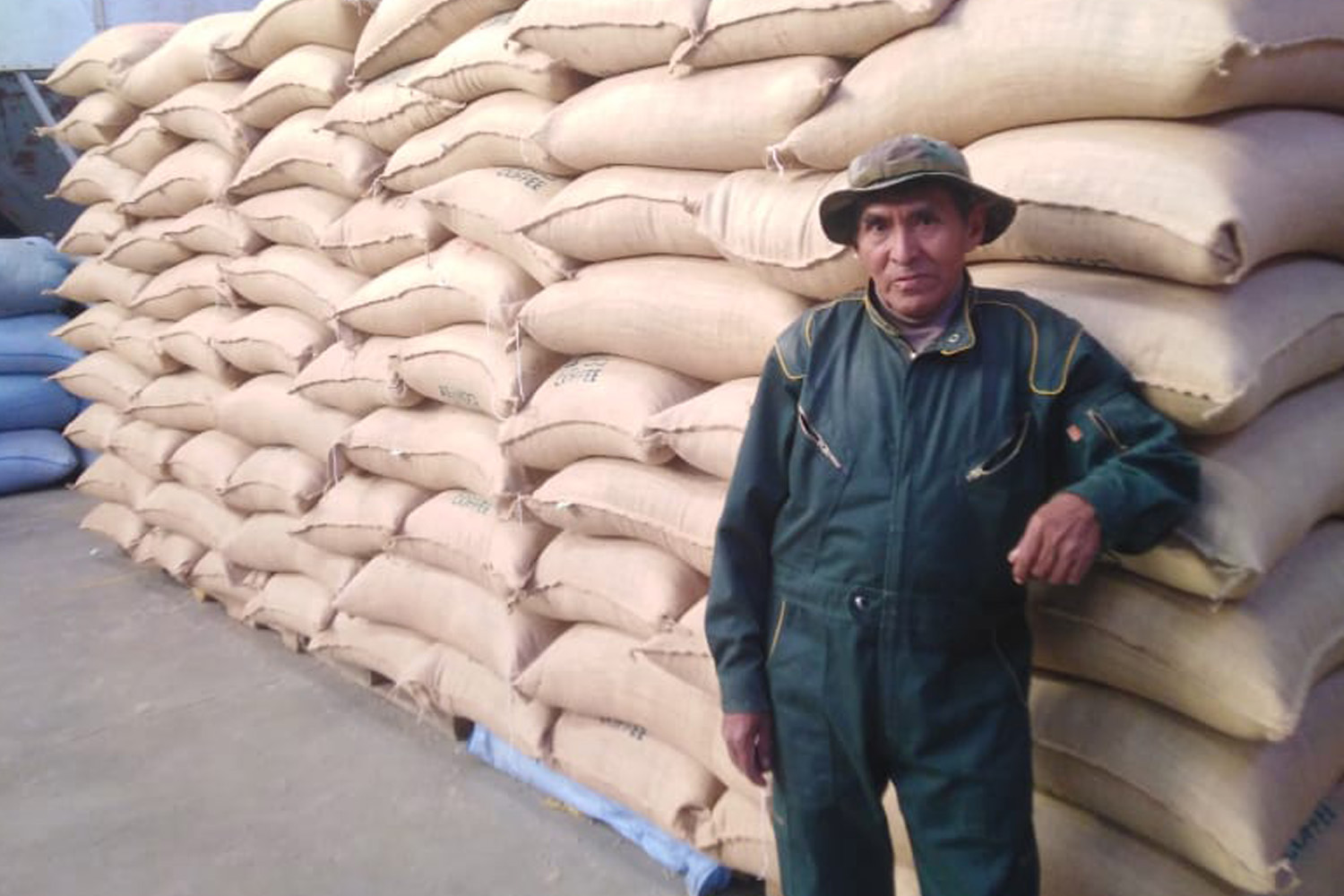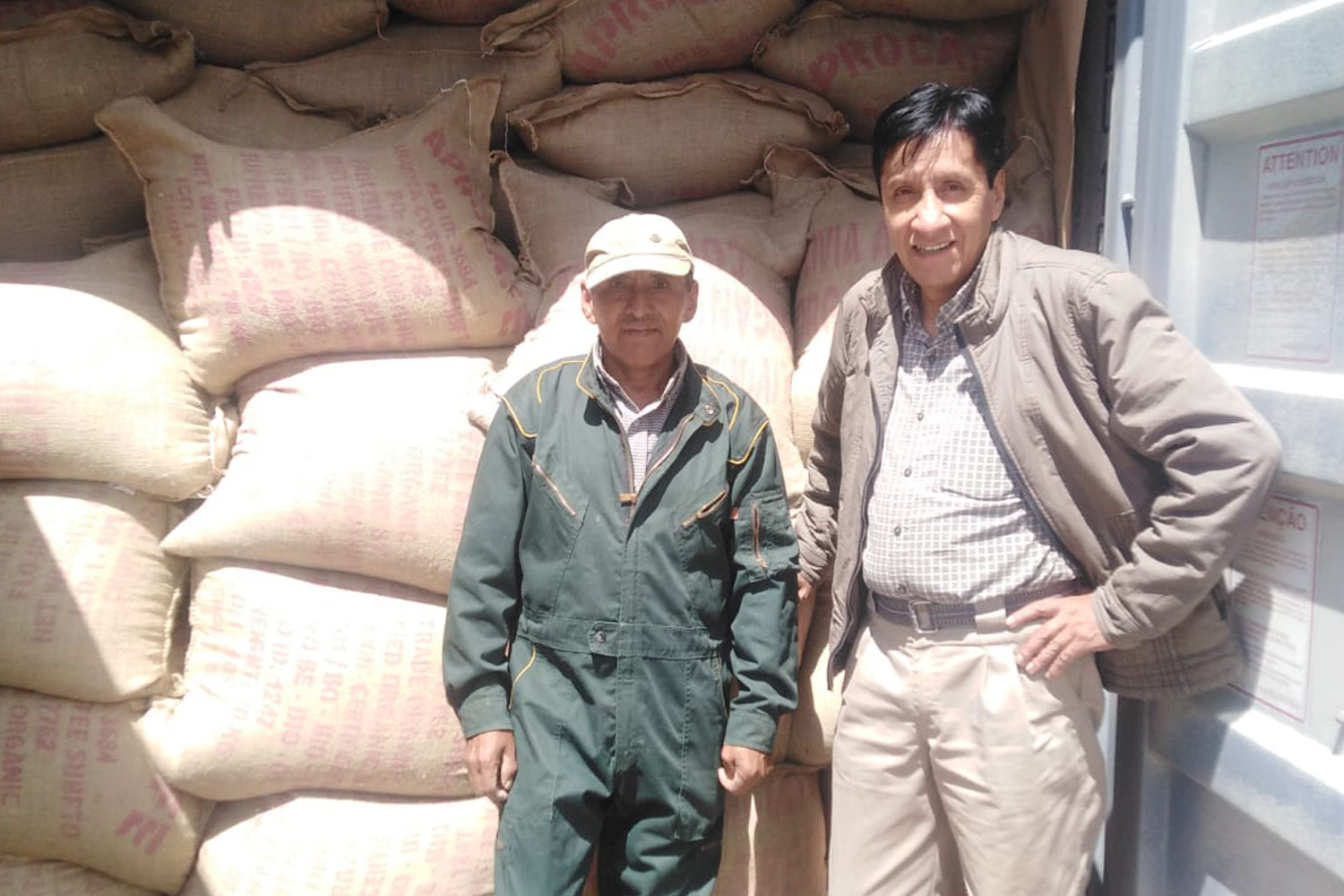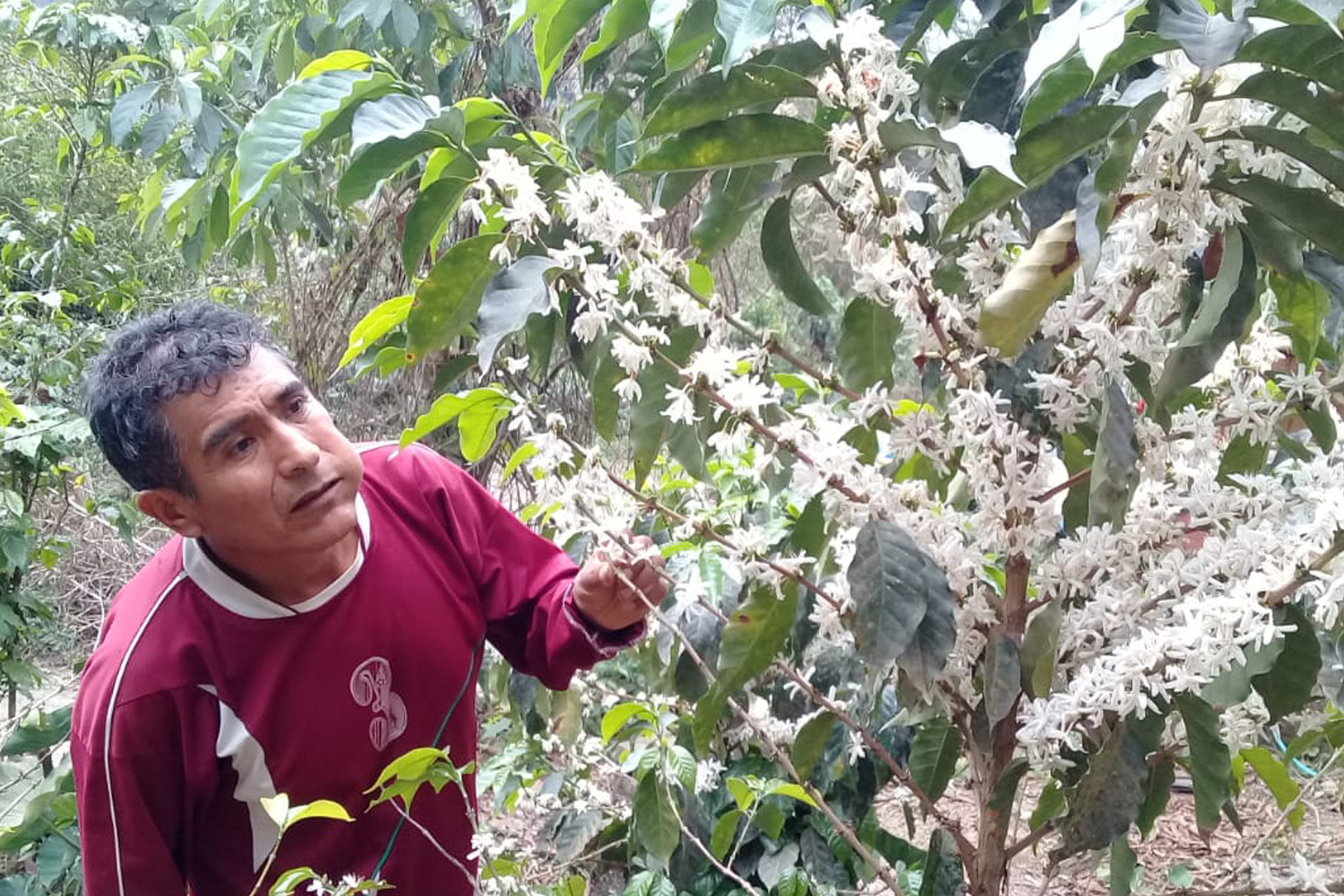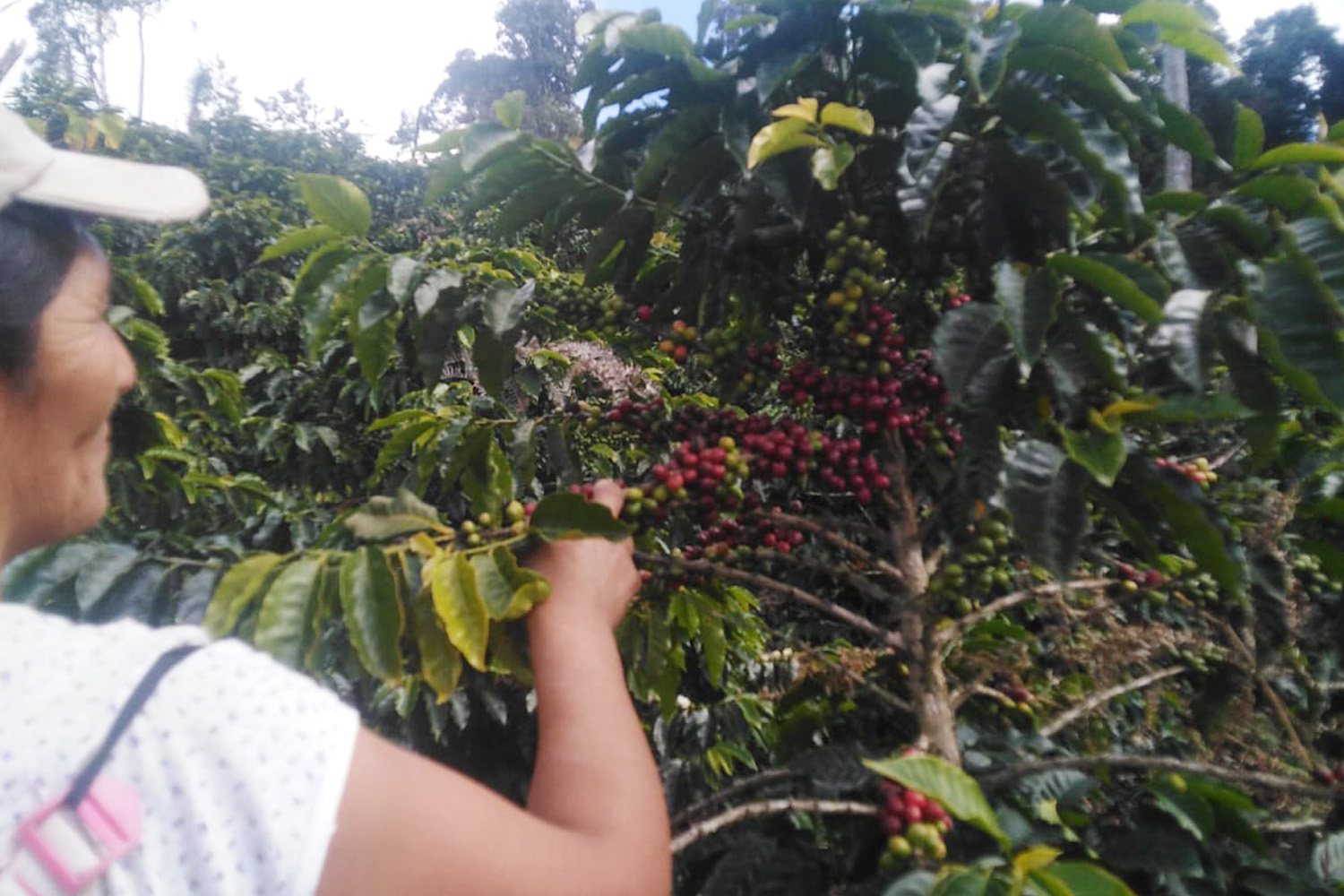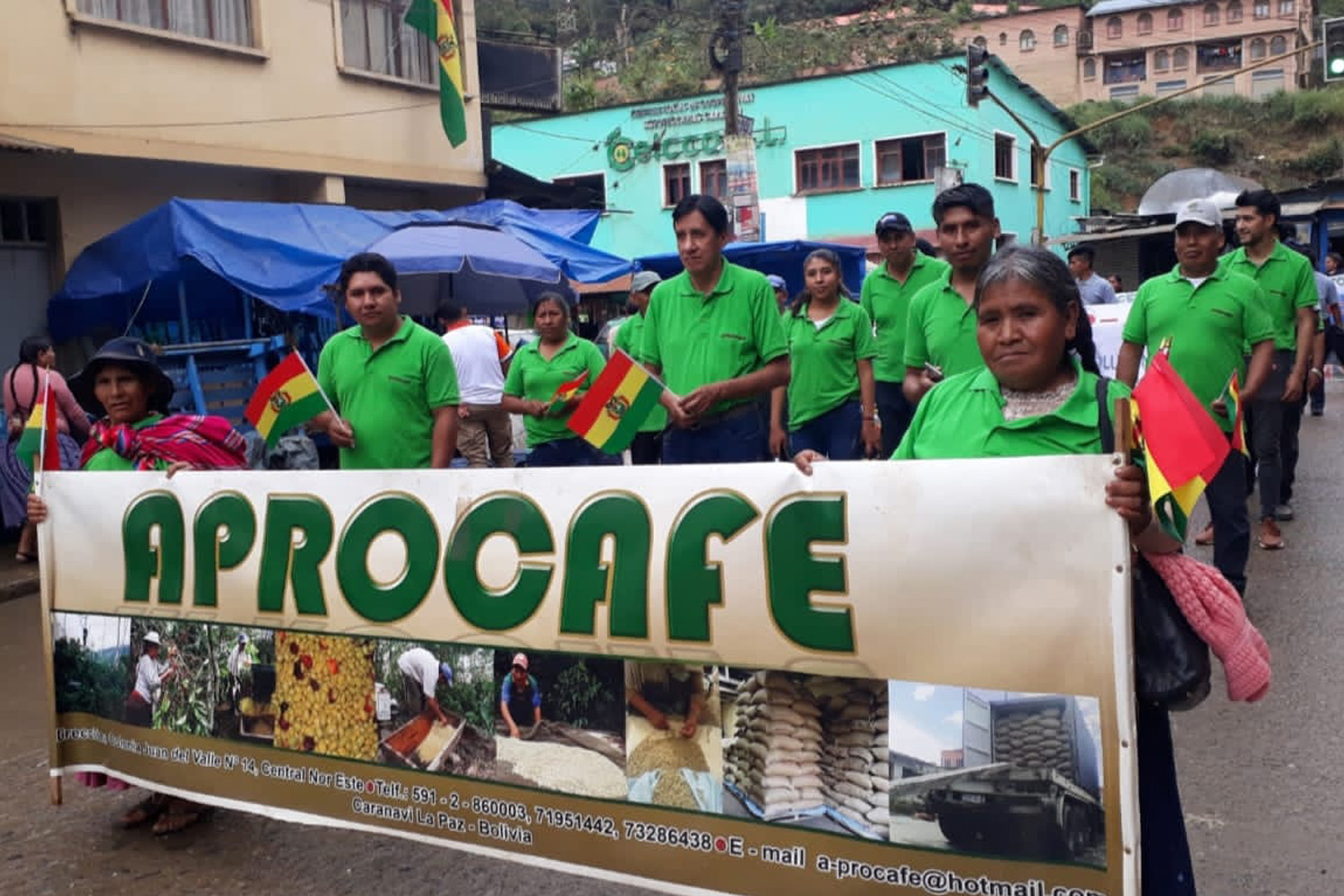Add to Favorites
Please enter your email address and you will be notified when the product arrives at the warehouse,
has low stock or goes out of stock.
Request Sample
How would you like your sample prepared?
Loading...
Word Not Found! 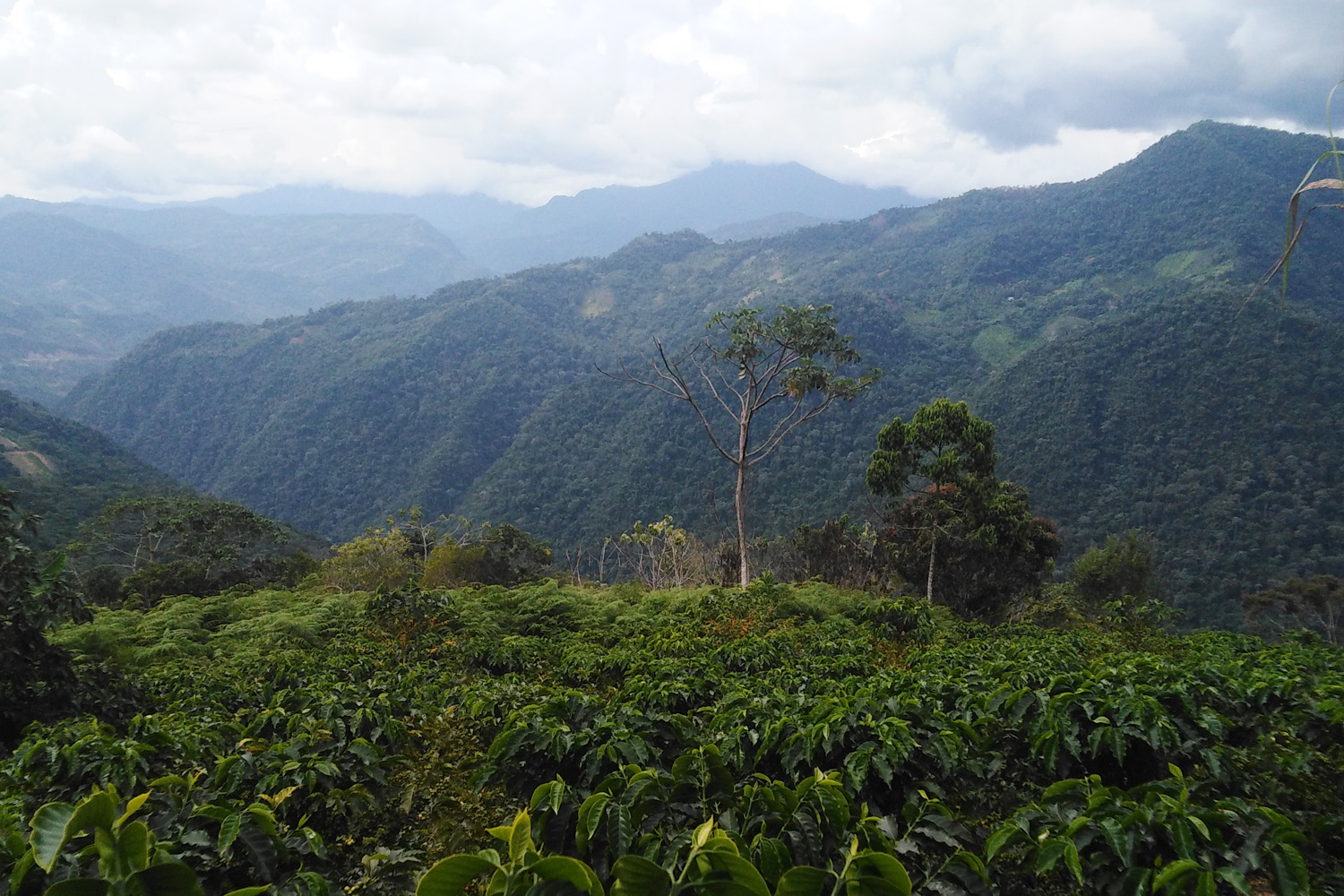

Organic Bolivian FAIR TRADE-APROCAFE (E)
Log In To View PricingSourced From
Caranavi Province,Bolivia
Elevation
1200 to 1600 meters
Varietals
Arabica (Hybrid of Timor)
Process
Fully Washed ,Patio Drying
Harvest
April - September
RNY#56148
-
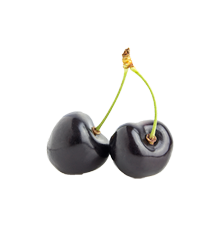 Black Cherry
Black Cherry
-
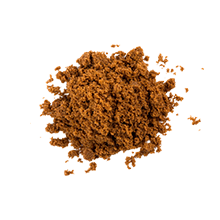 Brown Sugar
Brown Sugar
-
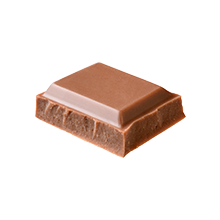 Milk Chocolate
Milk Chocolate
Add to Order
RNY#56148
INSTORE , WI
18 Boxes Avaliable
RNY#56185
-
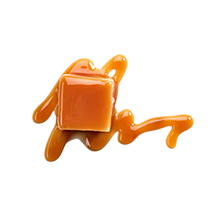 Caramel
Caramel
-
 Milk Chocolate
Milk Chocolate
-
 Orange
Orange
Add to Order
RNY#56185
APR 2024 , NJ
280 Boxes Avaliable
RNY#56262
-
 Black Cherry
Black Cherry
-
 Brown Sugar
Brown Sugar
-
 Milk Chocolate
Milk Chocolate
Add to Order
RNY#56262
INSTORE , FL
2 Boxes Avaliable
About The Source
This coffee comes to us from a group of 35 small specialty coffee producers that are members of APROCAFE. Founded in 1999, APROCAFE has since been dedicated to ecological and Fair Trade certified coffee production. Since 2018, APROCAFE has been involved in a new agrotourism project. As part of this project, visitors can tour the farms of these specialty coffee producers and even take part in some of the agricultural work, such as harvesting, pulping, drying, etc. This project is exclusively designed and managed by the young coffee producers of APROCAFE.
The specialty coffee producers hand pick their ripe cherries and deliver it to the APROCAFE association. Once received, the cherries go through a selection process before moving on to pulping. The cherries are machine pulped and then placed in wooden trays for 12-15 hours for fermentation. Post fermentation, they are washed and dried in the sun. Once dried, the coffee bean is placed in clean sacks and prepared for export.
45:00
Minutes
Left to Checkout
Left to Checkout



